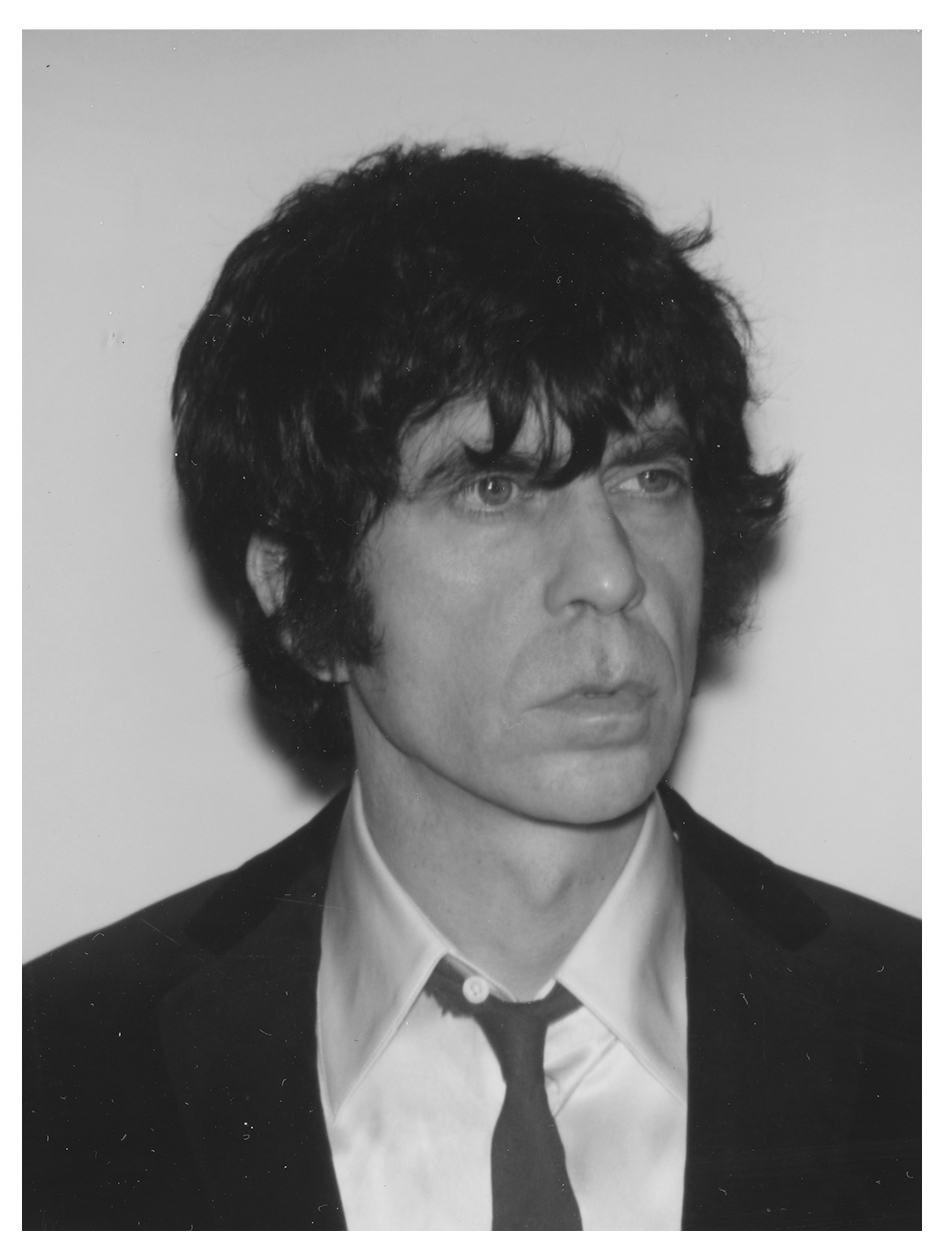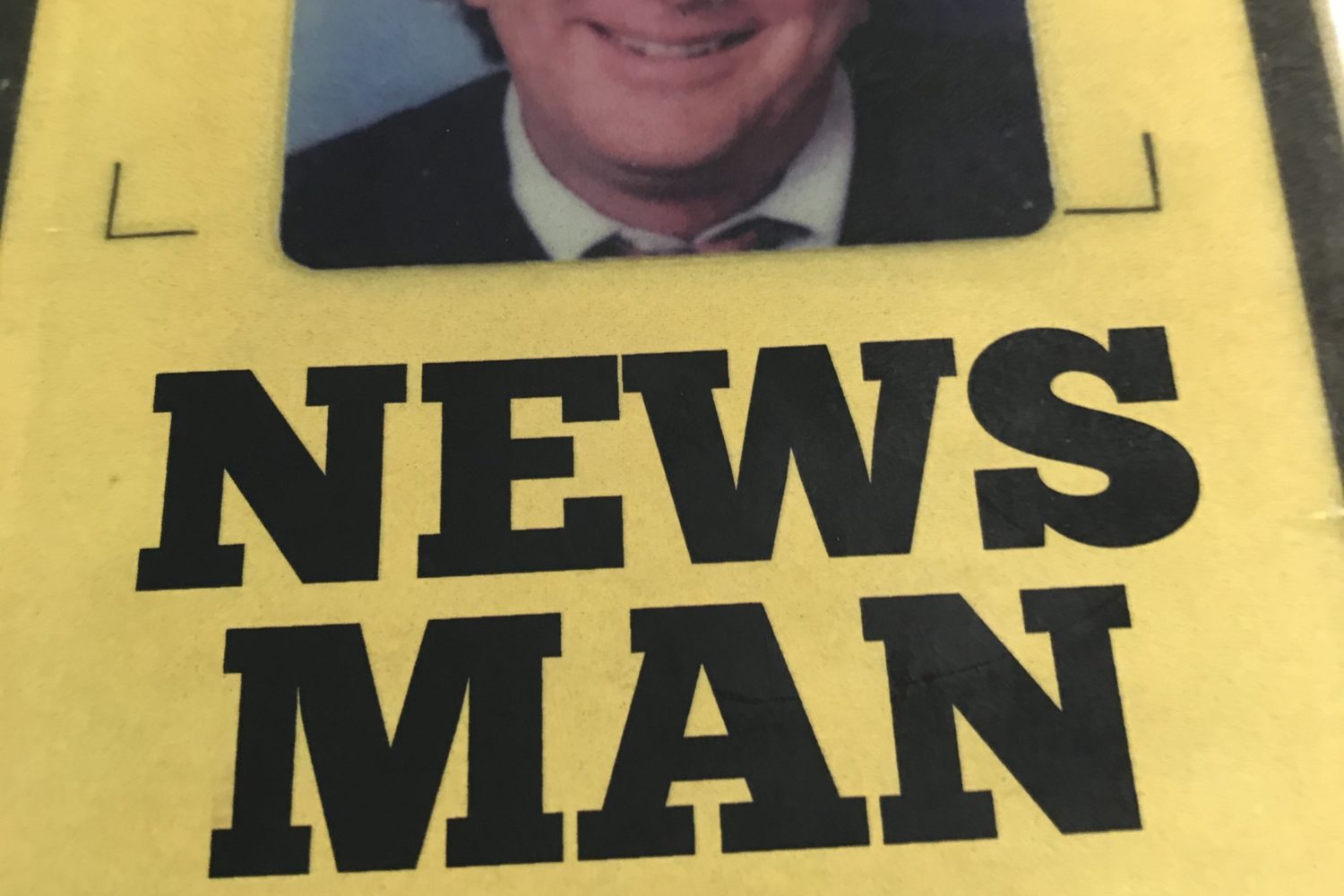Ian F. Svenonius’s The Psychic Soviet was first published before the iPhone, before the cronut, and long before our culture thought to ask the Svenonius-like question of whether it was the CIA who actually wrote the Scorpions’ “Wind of Change.” Akashic Books just reissued the longtime DC indie rock figure’s first book in a handsome pink cover with his signature debossed on the back, and he’ll “appear” Monday at Politics and Prose for a discussion of this short, offbeat, and very funny collection of essays.
It’s not easy to describe The Psychic Soviet. One of the book’s premises is that the world can often be explained by arguments between dualities. For example, the Beatles, to Svenonius, reflected “industrial Sovietology,” while the Rolling Stones represented “agrarian Maoism.” Closer to home, the collapse of the Soviet Union occasioned grave psychological wounds, even aimlessness for Americans who needed communists as foils. Reached in Los Angeles, where he’s been living for the past year and a half, Svenonius says the book “still applies, but in a new way,” pointing to the widespread worry about Russian interference in our political system as a remix of the time when the book was written.
Why LA? “One thing that’s appealing about it is that there’s still kind of a rock ‘n’ roll culture here,” he says. The Psychic Soviet makes a pretty good case that Seinfeld was “designed expressly to rehabilitate the blighted American city, not only as a place desirable for white people to live…but as an amoral upper-class playground.” DC’s wide-scale gentrification, in progress when he wrote the book and superheated during the Obama years, was “a very painful transformation to witness,” he says. “I always felt like Ballston just, you know, invaded.”
Music, too, has been debased by everyone being connected all the time, Svenonius says. Google Maps “demystified space,” taking the magic out of the city. Instagram bombards us with toxic inspiration: “It’s like, no, inspiration is bad. You don’t want all these images cluttering your head; you want to know about less stuff.” History, he explains, can be a drag on art: “No good bands come out of Liverpool. Because of the Beatles, because they’re beaten down by the expectation.” Is that true of DC, where reverence for the hardcore punk and indie-rock scenes of the ’80s and ’90s are endlessly masticated in documentaries and books? “Yeah, absolutely.”
“By connecting the whole world, you’re made completely insignificant,” he says. “Nation of Ulysses, my first group–I didn’t know that Laibach had already said most of what we’d said.” What can we expect from Monday’s reading, which will take place virtually? “Well, I think I might be in a hot air balloon,” he says, and if that’s not possible, “I think my face is going to be projected on a giant cloud. ”
Ian Svenonius will discuss The Psychic Soviet at 8 PM Monday with Akashic founder (and fellow DC punk veteran) Johnny Temple. Tickets are free, and Politics and Prose suggests a donation to help sustain its programming.


















